Summit, a supercomputer built in the United States for the Oak Ridge National Laboratory, is taking the lead from China for the title of world’s speediest computer.
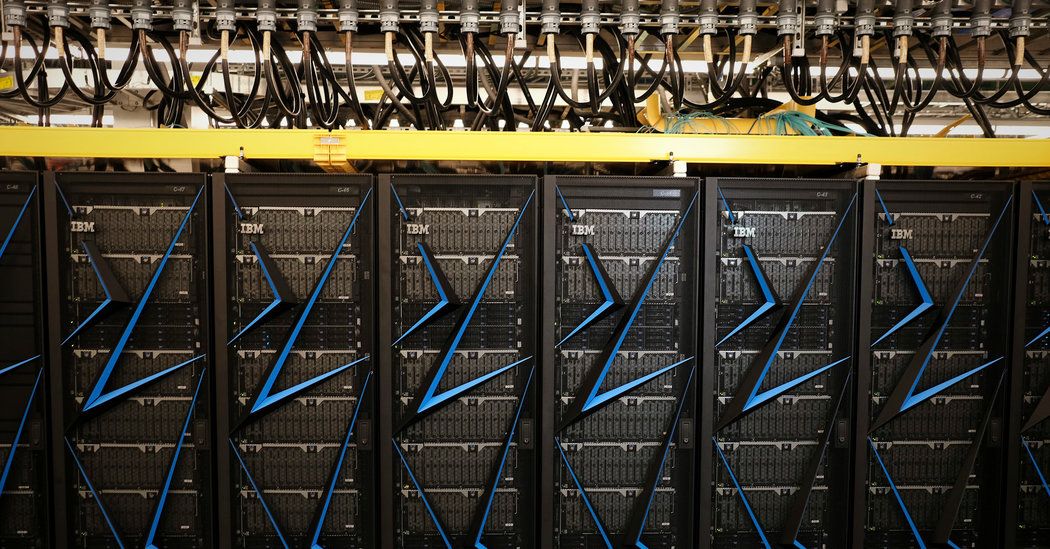

One of the possible pathways to limitless and clean energy can be found in hollow, doughnut-shaped chambers known as tokamak nuclear fusion reactors. A relatively new player on the scene, a UK company called Tokamak Energy, is claiming a new milestone in the area after heating its ST40 device to 15 million degrees Celsius, similar to temperatures found at the center of the Sun.
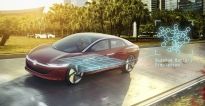
For the first time, Volkswagen experts have succeeded in simulating industrially relevant molecules using a quantum computer. This is especially important for the development of high-performance electric vehicle batteries. The experts have successfully simulated molecules such as lithium-hydrogen and carbon chains. Now they are working on more complex chemical compounds. In the long term, they want to simulate the chemical structure of a complete electric vehicle battery on a quantum computer. Their objective is to develop a “tailor-made battery”, a configurable chemical blueprint that is ready for production. Volkswagen is presenting its research work connected with quantum computing at the CEBIT technology show (Hanover, June 12–15).
Martin Hofmann, CIO of the Volkswagen Group, says: “We are focusing on the modernization of IT systems throughout the Group. The objective is to intensify the digitalization of work processes – to make them simpler, more secure and more efficient and to support new business models. This is why we are combining our core task with the introduction of specific key technologies for Volkswagen. These include the Internet of Things and artificial intelligence, as well as quantum computing.”
The objective is a “tailor-made battery”, a configurable blueprint Using newly developed algorithms, the Volkswagen experts have laid the foundation for simulating and optimizing the chemical structure of high-performance electric vehicle batteries on a quantum computer. In the long term, such a quantum algorithm could simulate the chemical composition of a battery on the basis of different criteria such as weight reduction, maximum power density or cell assembly and provide a design which could be used directly for production. This would significantly accelerate the battery development process, which has been time-consuming and resource-intensive to date.
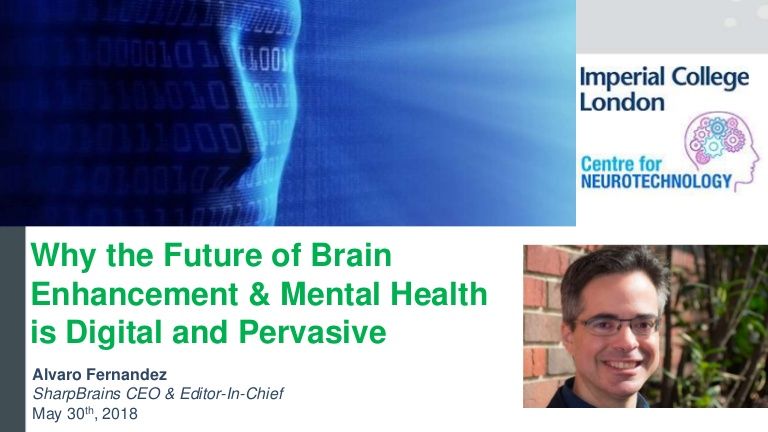
It was a great pleasure to share latest data and insights with a fantastic community of researchers, engineers, innovators and investors last week, hosted by the Imperial College Centre for Neurotechnology in London. Hope you enjoy the overview slides!
Presentation by Alvaro Fernandez hosted by the Imperial College Centre for Neurotechnology in London.
Description: As seen in patent and investment trends, research findings and consumer/patient behaviors, Mental Health and Brain Enhancement are rapidly evolving in transformational ways which some call “empowering” and some “controversial.” Alvaro Fernandez, Editor-in-Chief of independent market research firm SharpBrains, will present and discuss the latest market data and forecasts on how digital platforms are poised to revolutionize brain & mental health diagnostics, monitoring, therapies and enhancement.
Programme:

Abstract: Can machines design? Can they come up with creative solutions to problems and build tools and artifacts across a wide range of domains? Recent advances in the field of computational creativity and formal Artificial General Intelligence (AGI) provide frameworks for machines with the general ability to design. In this paper we propose to integrate a formal computational creativity framework into the G” odel machine framework. We call this machine a design G” odel machine. Such a machine could solve a variety of design problems by generating novel concepts. In addition, it could change the way these concepts are generated by modifying itself. The design G” odel machine is able to improve its initial design program, once it has proven that a modification would increase its return on the utility function. Finally, we sketch out a specific version of the design G” odel machine which specifically aims at the design of complex software and hardware systems. Future work could be the development of a more formal version of the Design G” odel machine and a potential implementation.

Here’s my speech and panel participation from yesterday at the Annual Danish Top Executive Annual Summit via VL-dognet 2018: It was covered by Danish Jyskebank TV. My panel included a minister, an ambassador, a country company head, a television host, and Sophia the Robot. I had a great time at the wonderful event (hosted at a castle), and the Danish people are very nice. The Vice President of the EU spoke a few sessions before me. My solo speech that started my afternoon session was on the future of politics and transhumanism. It’s the first 10 minutes of the video:

Developers at major technology companies, outraged by the Snowden disclosures, started pushing back. Some, such as those at WhatsApp, which was bought by Facebook a year after the story broke, implemented their own encryption. Others, such as Yahoo’s Alex Stamos, quit rather than support further eavesdropping. (Stamos is now the head of security at Facebook.)
Five years after historic NSA leaks, whistleblower tells the Guardian he has no regrets.
Mon 4 Jun 2018 13.00 EDT Last modified on Tue 5 Jun 2018 04.46 EDT.
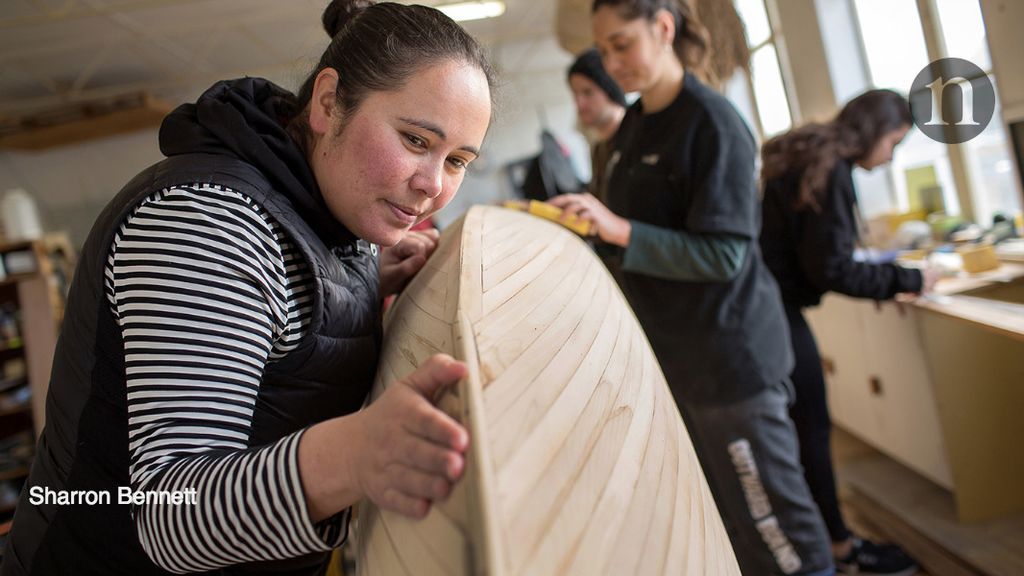
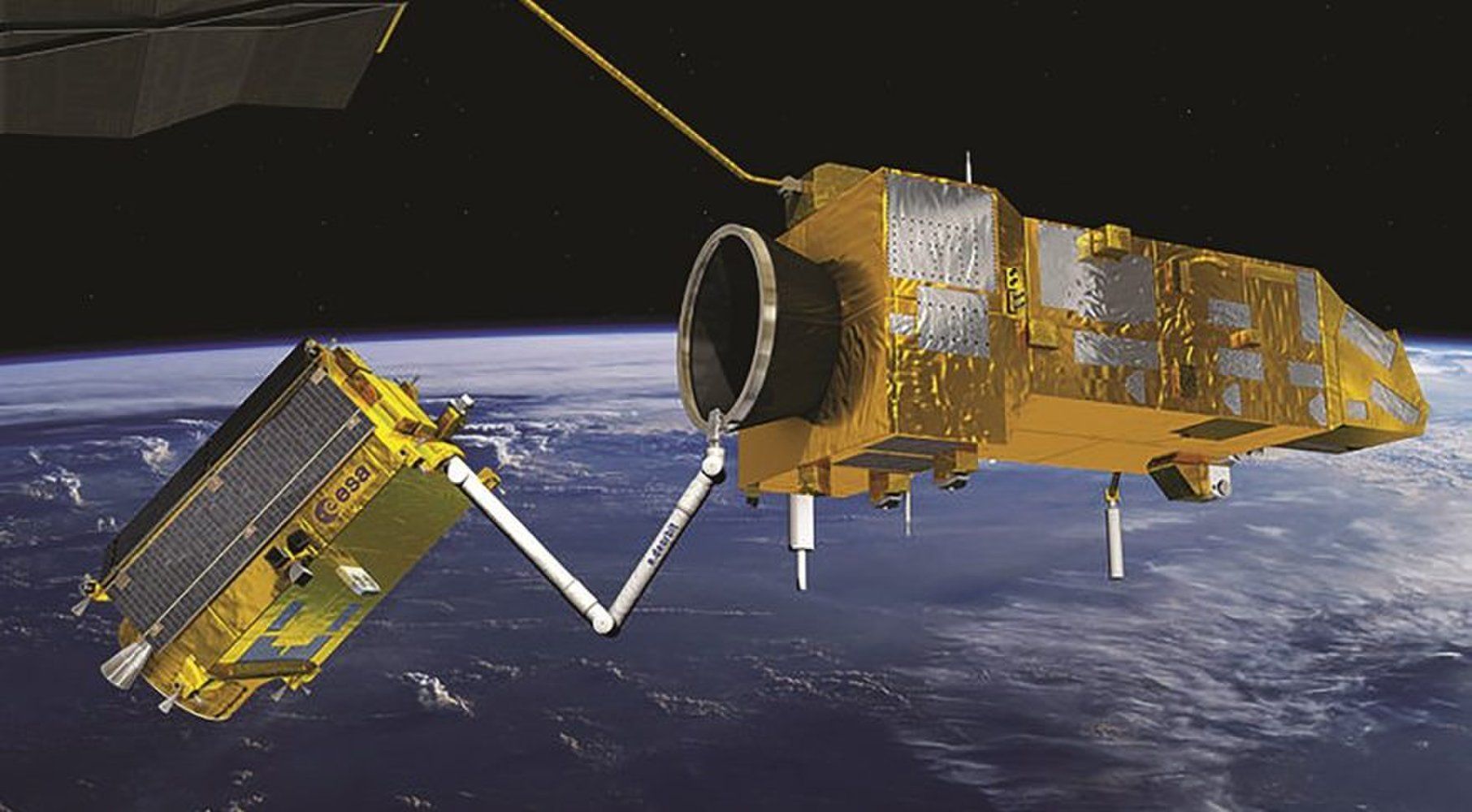
A new space era is dawning and will be upon us by the early 2020s. In the face of emerging novel threats and vulnerabilities, whether the self-defense doctrine allows us to counter the threat before the attack occurs can make the difference between peace and war.
President Trump unveiled the America First National Space Strategy on March 23 covering both commercial and civil space, and national security space. This important document has drawn few comments, which are typified by the observation of Spacepolicyonline.com founder and editor Marcia Smith that “the Trump strategy contains little that is new.”
Indeed, most of the national security provisions, which are the focus of this article, are only different in rhetoric but not in substance from those of the Obama administration and it’s predecessors. However, that they are the same is fine because they are equally essential for the new space era.
NASA’s Curiosity rover has found new evidence preserved in rocks on Mars that suggests the planet could have supported ancient life, as well as new evidence in the Martian atmosphere that relates to the search for current life on the Red Planet. While not necessarily evidence of life itself, these findings are a good sign for future missions exploring the planet’s surface and subsurface.
The new findings — “tough” organic molecules in 3-billion-year-old sedimentary rocks near the surface, as well as seasonal variations in the levels of methane in the atmosphere — appear in the June 8 edition of the journal Science.
Organic molecules contain carbon and hydrogen, and also may include oxygen, nitrogen and other elements. While commonly associated with life, organic molecules also can be created by non-biological processes and are not necessarily indicators of life.